Explore the Elegant Abyssinian Cat - Insights and Care Tips
Step into the world of Abyssinian cats with our specialized blog. Delve into their ancient origins, lively personalities, and get expert care tips. Ideal for Abyssinian admirers and future owners alike, our content shines a light on what makes these elegant cats a treasure in the pet world. Discover, learn, and fall in love with the captivating Abyssinian through our insightful stories and guides


Explore the Elegant Abyssinian Cat - Insights and Care Tips
Step into the world of Abyssinian cats with our specialized blog. Delve into their ancient origins, lively personalities, and get expert care tips. Ideal for Abyssinian admirers and future owners alike, our content shines a light on what makes these elegant cats a treasure in the pet world. Discover, learn, and fall in love with the captivating Abyssinian through our insightful stories and guides
Characteristics
-
Playfulness





-
Activity Level





-
Friendliness to Other Pets





-
Friendliness to Children





-
Grooming Requirements





-
Vocality





-
Need for attention





-
Affection towards owners





-
Docility





-
Intelligence





-
Independence





-
Hardiness















History and Origins
Personality
Nutrition and Feeding
Grooming and Care
Specific Needs
Training
Need to Know
Purrfect matches




















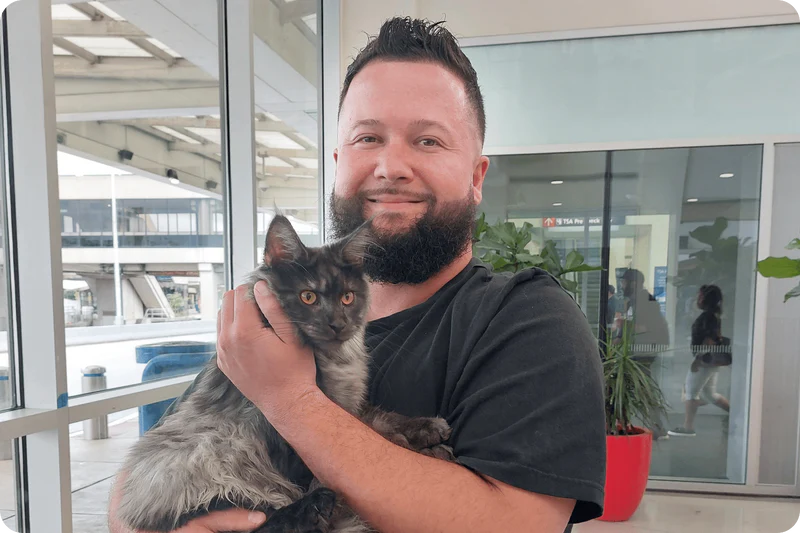

Pawsome reviews
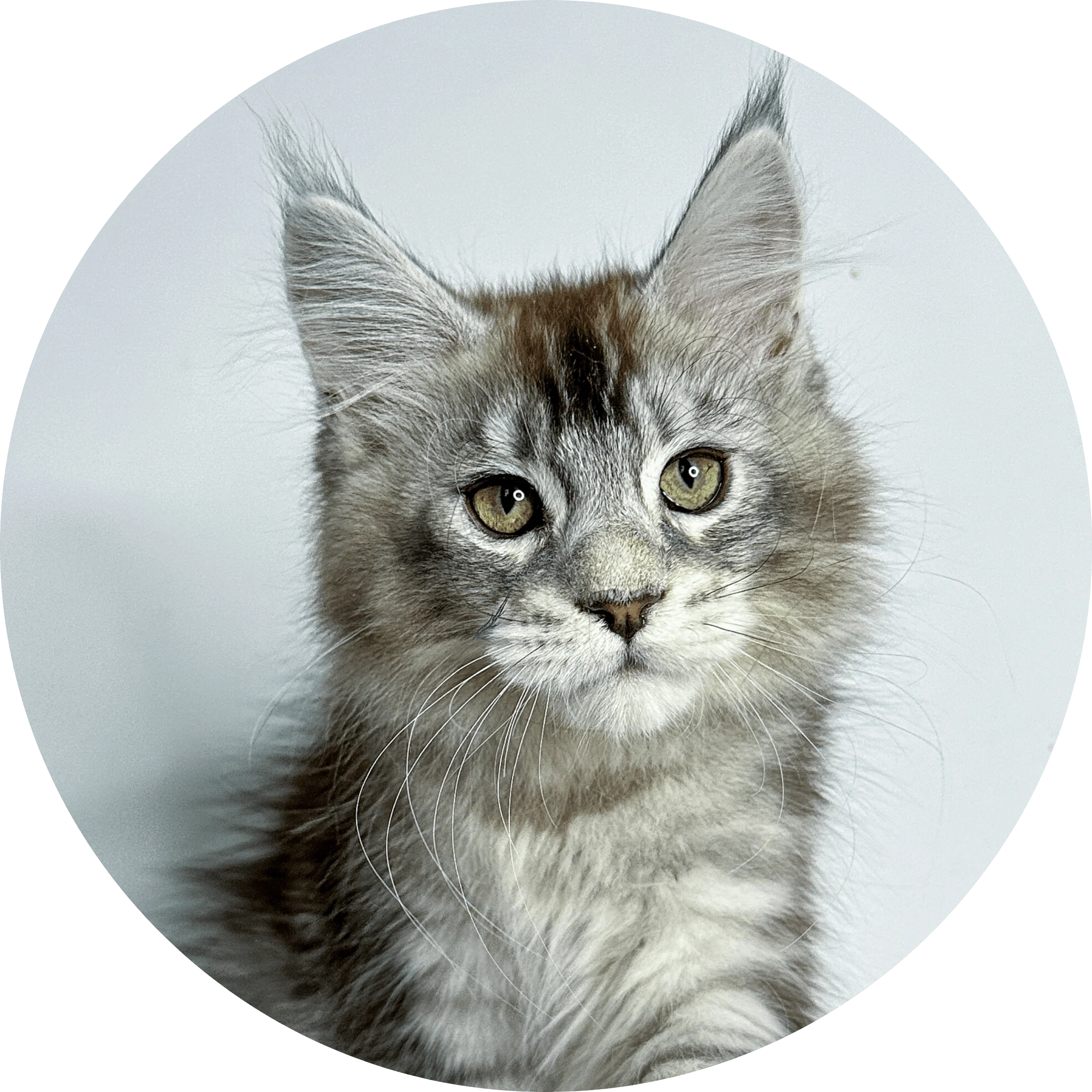
Stephanie M.
5
Adopting our new kitten from Purebred Kitties was a wonderful experience. The process was smooth and clear, leaving no room for confusion. Alona's kindness and genuine care shone through as she promptly answered all my questions. Thanks to the whole team, our new furry family member is now home and already cherished beyond words!
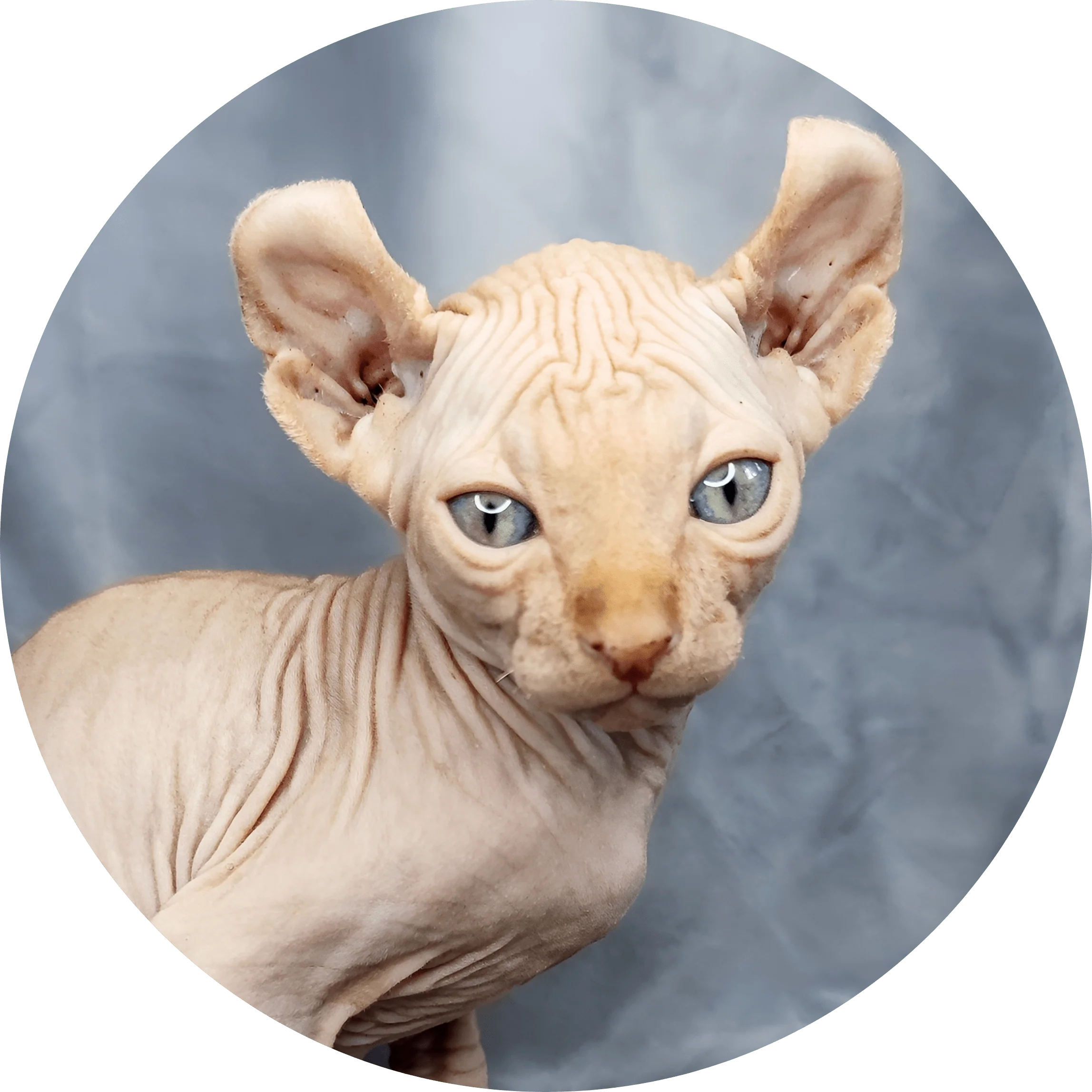
Tara E.
5
I am absolutely thrilled with my experience! The team provided instant clarification and communication, showing true compassion every step of the way. The video calls reassured me that this company is trustworthy. The caring consultants seamlessly connected me with the breeder, making the entire process smooth and efficient.
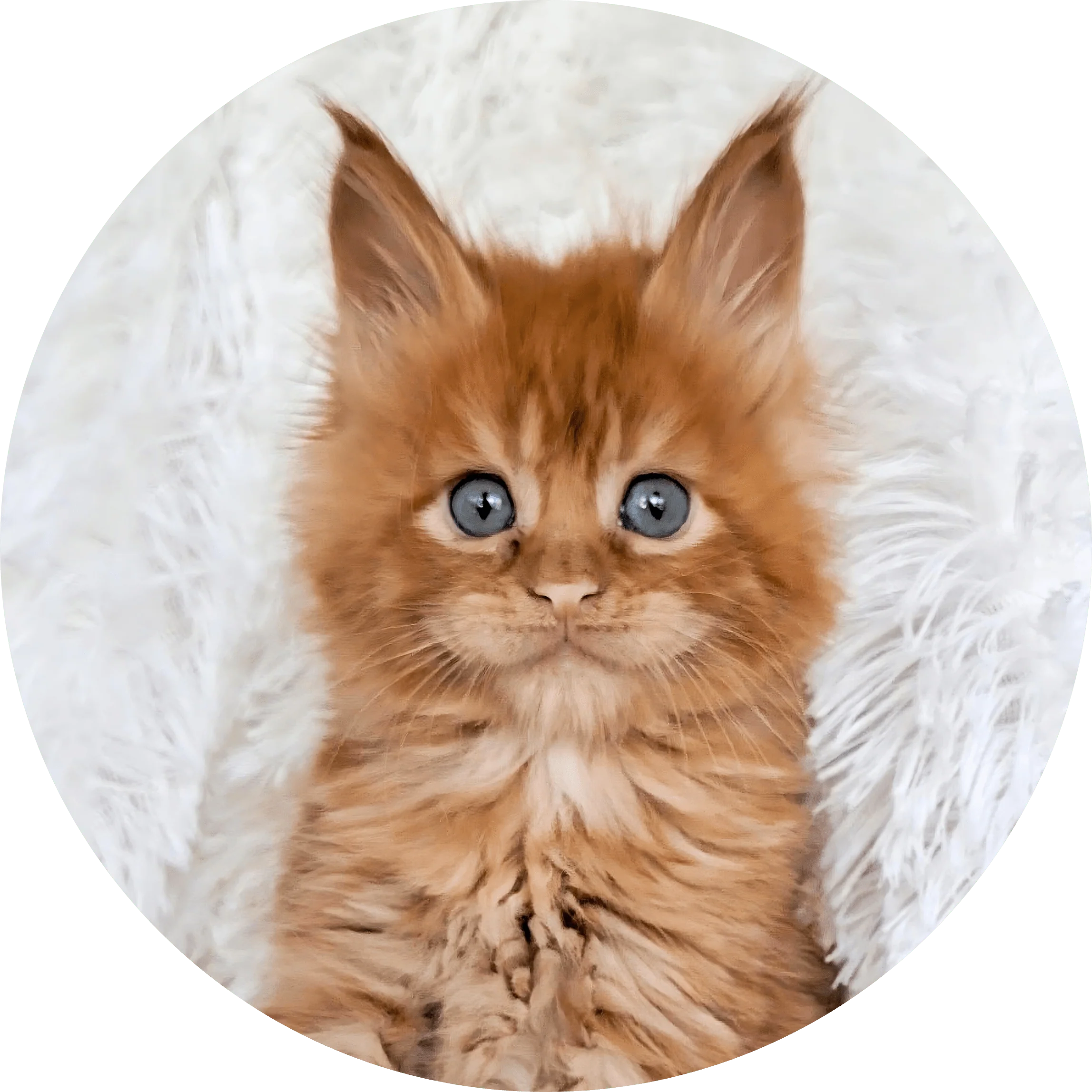
Marcus R.
5
Purebredkitties has been absolutely wonderful. They made everything so easy and stress-free. Adoption specialist Kim A was fantastic, always going the extra mile to help me. She even responded to my email at 3 am her time! 😊 This whole experience has been truly heartwarming and rewarding.
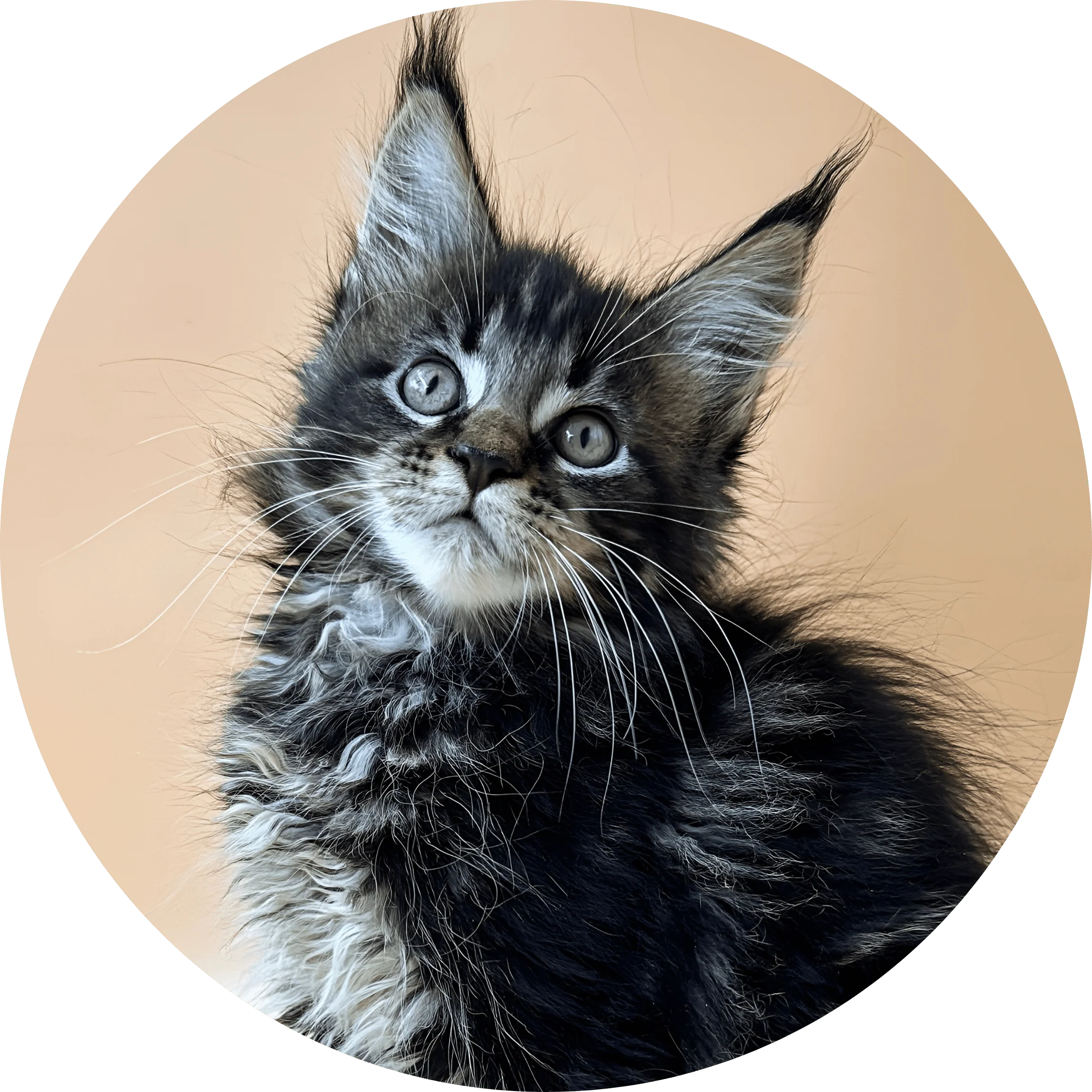
Kelti P.
5
Our experience with Purebredkitties was wonderful! Communication was great, and we even got to FaceTime with our kitten before bringing her home. She was exactly as we expected and is already doing great with our family after just two days. One small note is that pedigree papers weren't included and cost extra, which was a bit pricey since she arrived spayed. Overall, even though it was expensive, it was worth it. The quality and size of our kitten are amazing!
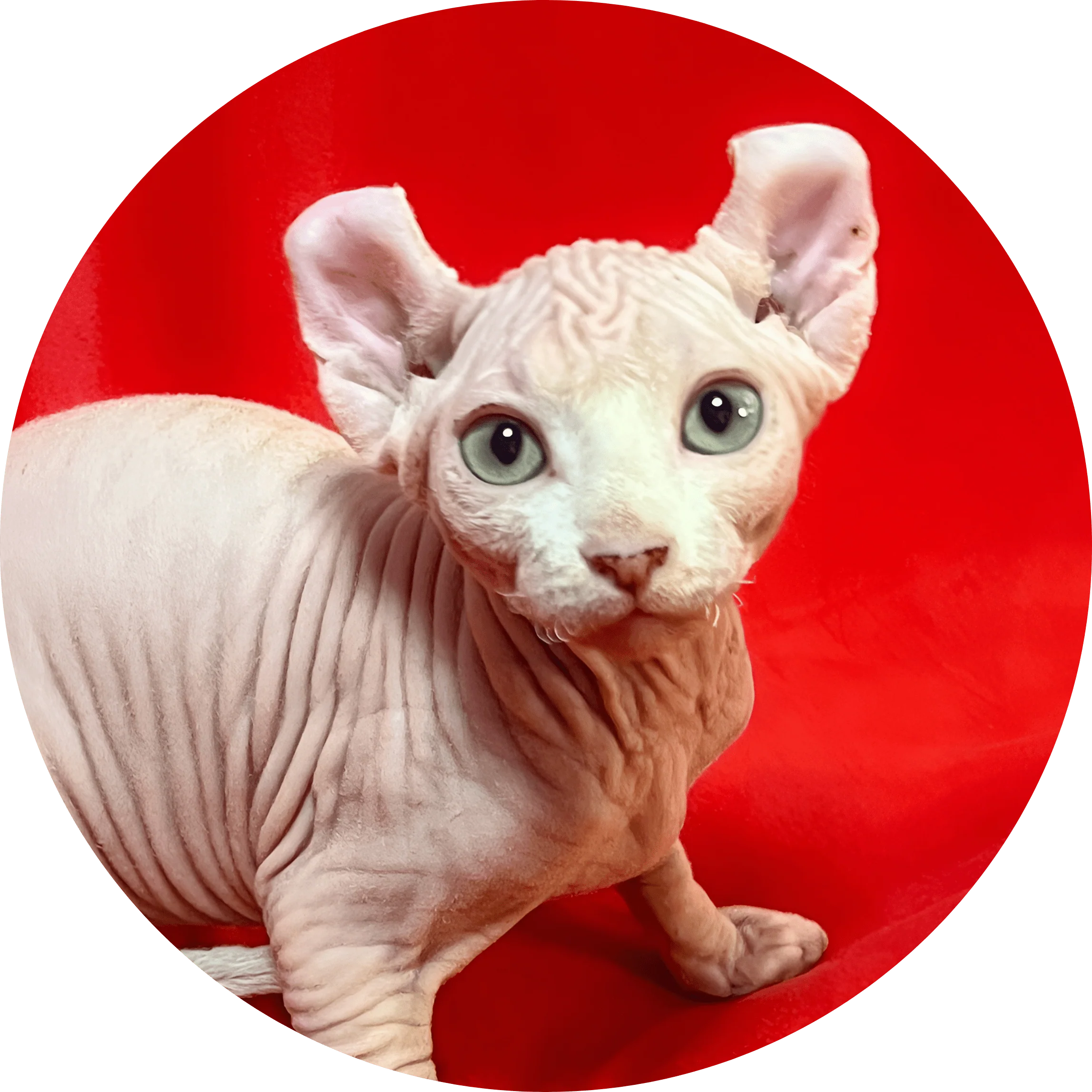
Patty A.
5
The whole experience of adopting a pet with this fantastic team has been nothing short of wonderful. Now, I have the joy of being a devoted pet mom to a gorgeous kitten I named Princess. I'm already looking forward to adopting another fur baby with Maria's help in the future. I'm absolutely thrilled and can't thank you all enough!
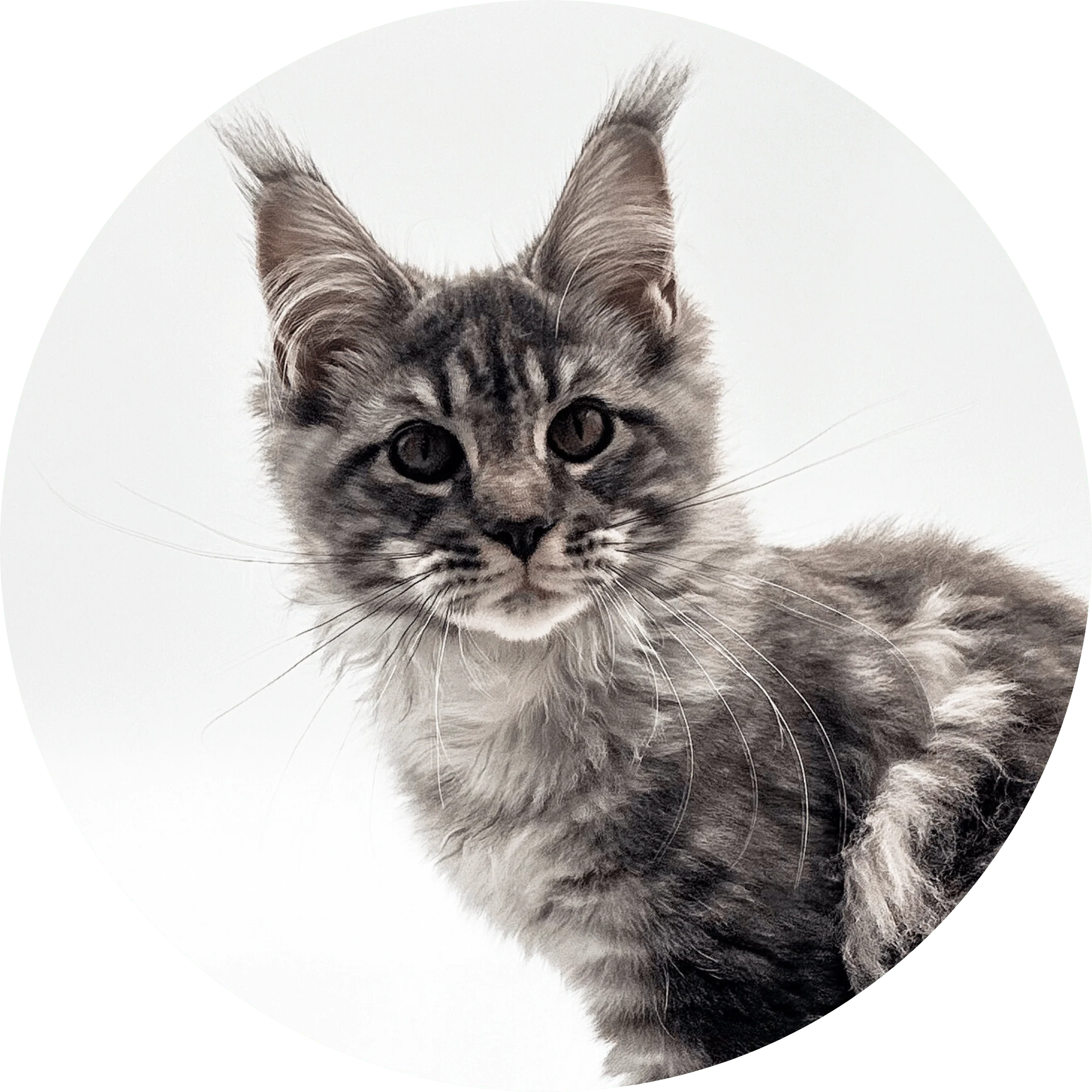
Hannah L.
5
The whole journey to bring our fluffy bundle of joy home was fantastic. Maria is incredibly kind and always ready to answer all our questions. I really appreciate how seriously they take the health of the cats. Our kitten arrived with a minor case of the sniffles, likely from the airport travel, but it was easily and quickly resolved. Plus, the video call we had to meet our little guy beforehand was a wonderful way to get a glimpse of his personality and feel confident in our decision. I'm definitely recommending Purebred Kitties to all my friends who are looking to get their own Maine Coon.

Stephanie M.
5
Adopting our new kitten from Purebred Kitties was a wonderful experience. The process was smooth and clear, leaving no room for confusion. Alona's kindness and genuine care shone through as she promptly answered all my questions. Thanks to the whole team, our new furry family member is now home and already cherished beyond words!

Tara E.
5
I am absolutely thrilled with my experience! The team provided instant clarification and communication, showing true compassion every step of the way. The video calls reassured me that this company is trustworthy. The caring consultants seamlessly connected me with the breeder, making the entire process smooth and efficient.

Marcus R.
5
Purebredkitties has been absolutely wonderful. They made everything so easy and stress-free. Adoption specialist Kim A was fantastic, always going the extra mile to help me. She even responded to my email at 3 am her time! 😊 This whole experience has been truly heartwarming and rewarding.

Kelti P.
5
Our experience with Purebredkitties was wonderful! Communication was great, and we even got to FaceTime with our kitten before bringing her home. She was exactly as we expected and is already doing great with our family after just two days. One small note is that pedigree papers weren't included and cost extra, which was a bit pricey since she arrived spayed. Overall, even though it was expensive, it was worth it. The quality and size of our kitten are amazing!

Patty A.
5
The whole experience of adopting a pet with this fantastic team has been nothing short of wonderful. Now, I have the joy of being a devoted pet mom to a gorgeous kitten I named Princess. I'm already looking forward to adopting another fur baby with Maria's help in the future. I'm absolutely thrilled and can't thank you all enough!

Hannah L.
5
The whole journey to bring our fluffy bundle of joy home was fantastic. Maria is incredibly kind and always ready to answer all our questions. I really appreciate how seriously they take the health of the cats. Our kitten arrived with a minor case of the sniffles, likely from the airport travel, but it was easily and quickly resolved. Plus, the video call we had to meet our little guy beforehand was a wonderful way to get a glimpse of his personality and feel confident in our decision. I'm definitely recommending Purebred Kitties to all my friends who are looking to get their own Maine Coon.
Why you can trust us
Protection from Scams
Join us in the fight against kitten scams. We assure you with 100% certainty that our services will safeguard you from any form of scam. We prioritize transparency, effective communication, and fulfilling our commitments.
Ready to adopt your dream kitty?
Submit your adoption application now and embark on a journey filled with endless purrs and warm cuddles
Cat breeds
- Abyssinian
- American Bobtail
- American Wirehair
- Balinese
- Bengal
- Birman
- Bombay
- British Shorthair
- Burmese
- Burmilla
- Chartreux
- Chausie
- Colorpoint Shorthair
- Cornish Rex
- Devon Rex
- Domestic Long Hair
- Egyptian Mau
- European Burmese
- Exotic Shorthair
- Havana Brown
- Himalayan
- Japanese Bobtail
- Khao Manee
- Korat
- LaPerm
- Lykoi
- Maine Coon
- Norwegian Forest
- Ocicat
- Oriental
- Persian
- Pixiebob
- Ragamuffin
- Ragdoll
- Russian Blue
- Savannah
- Scottish Fold
- Selkirk Rex
- Serengeti
- Siamese
- Siberian
- Singapura
- Somali
- Sphynx
- Tonkinese
- Toyger
- Turkish Angora
- Turkish Van
- Munchkin
Be the first to know
Don't miss your dream kitten! Get updates on newly listed kitties and deals to your inbox!













